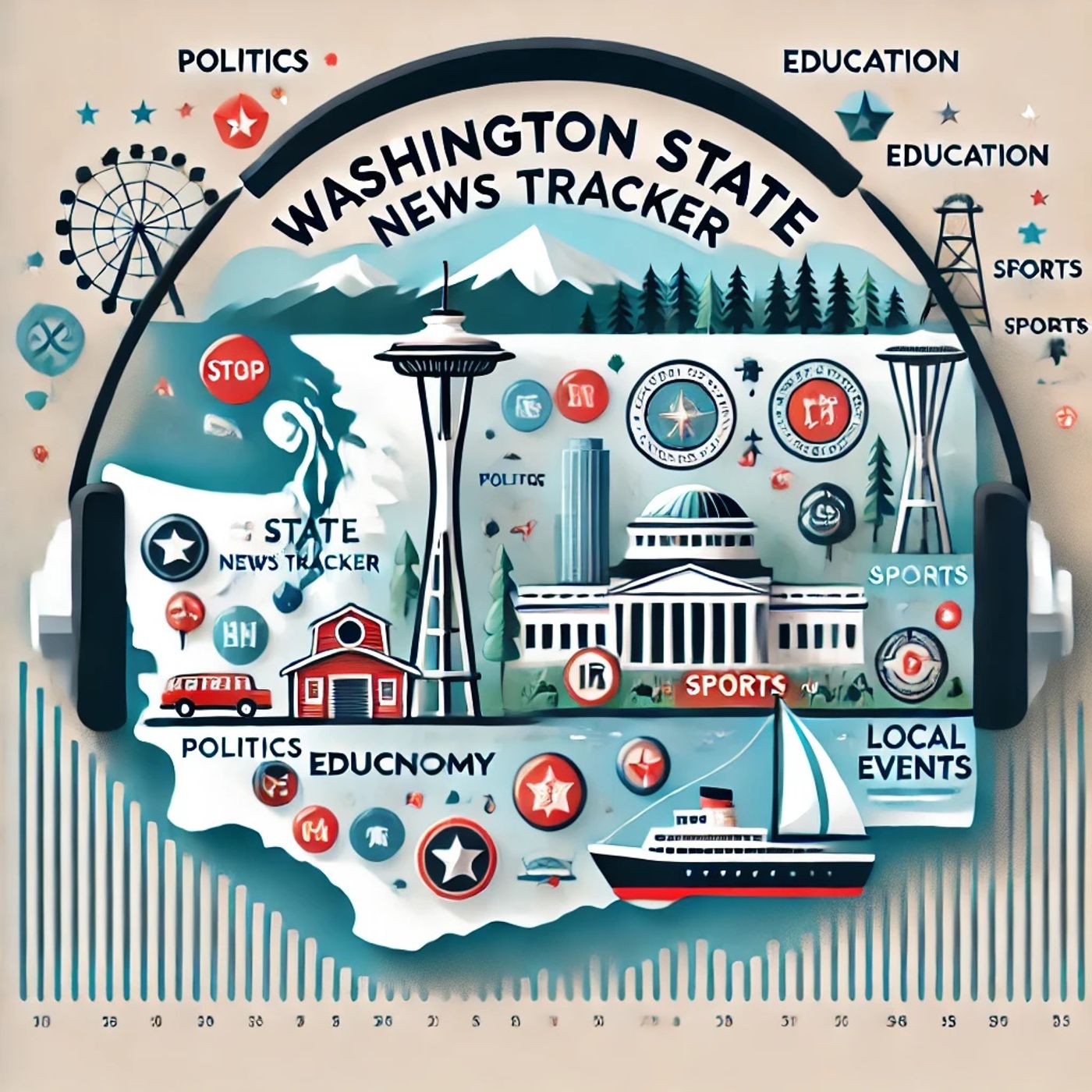Feb 01 2025 2 mins
Washington State has kicked off its 2025 legislative session with a new governor, Gov. Bob Ferguson, and numerous new state executives and legislators. The session, which began on January 13, 2025, is expected to tackle significant issues such as a $10-16 billion budget shortfall, housing, and police funding[1][2].
Key legislative priorities include bills to fund law enforcement hiring and a statewide rent-hike cap. The National Federation of Independent Business (NFIB) is tracking over 50 bills that could impact small businesses, including proposals to allow post-traumatic stress disorder (PTSD) workers’ compensation claims for certain professions[1].
On the economic front, the state faces a substantial budget gap, which lawmakers may address through new taxes. The NFIB has expressed concerns about the potential financial impact of PTSD claims on small businesses, citing data from the Department of Labor & Industries (L&I) that shows these claims can be costly, with an average medical treatment cost of $650,000 and over $1 million if they reach the pension stage[1].
In community news, Washingtonians recently welcomed the first winter storm of 2025, which brought significant snowfall and raised environmental concerns about the use of ice melt and salt for roads. The extreme weather conditions highlighted ongoing environmental challenges, including climate change and its impact on snowfall[3].
Additionally, a special election is underway in 32 counties, with 81 measures on the ballot covering issues from school districts to public facilities districts. Eligible voters have until February 11 to return their ballots[5].
Looking Ahead:
- The legislative session will continue to address critical issues such as budget, housing, and police funding.
- The NFIB will continue to monitor and testify against bills that could negatively impact small businesses.
- The February 11 Special Election will conclude, with results shaping the future of local communities.
- Environmental concerns, including the impact of winter storms and climate change, will remain a focus for policymakers and residents alike.
Key legislative priorities include bills to fund law enforcement hiring and a statewide rent-hike cap. The National Federation of Independent Business (NFIB) is tracking over 50 bills that could impact small businesses, including proposals to allow post-traumatic stress disorder (PTSD) workers’ compensation claims for certain professions[1].
On the economic front, the state faces a substantial budget gap, which lawmakers may address through new taxes. The NFIB has expressed concerns about the potential financial impact of PTSD claims on small businesses, citing data from the Department of Labor & Industries (L&I) that shows these claims can be costly, with an average medical treatment cost of $650,000 and over $1 million if they reach the pension stage[1].
In community news, Washingtonians recently welcomed the first winter storm of 2025, which brought significant snowfall and raised environmental concerns about the use of ice melt and salt for roads. The extreme weather conditions highlighted ongoing environmental challenges, including climate change and its impact on snowfall[3].
Additionally, a special election is underway in 32 counties, with 81 measures on the ballot covering issues from school districts to public facilities districts. Eligible voters have until February 11 to return their ballots[5].
Looking Ahead:
- The legislative session will continue to address critical issues such as budget, housing, and police funding.
- The NFIB will continue to monitor and testify against bills that could negatively impact small businesses.
- The February 11 Special Election will conclude, with results shaping the future of local communities.
- Environmental concerns, including the impact of winter storms and climate change, will remain a focus for policymakers and residents alike.
